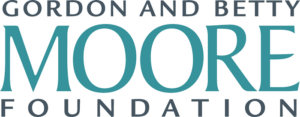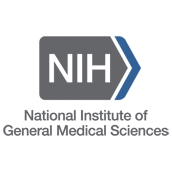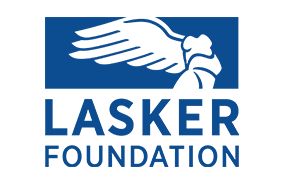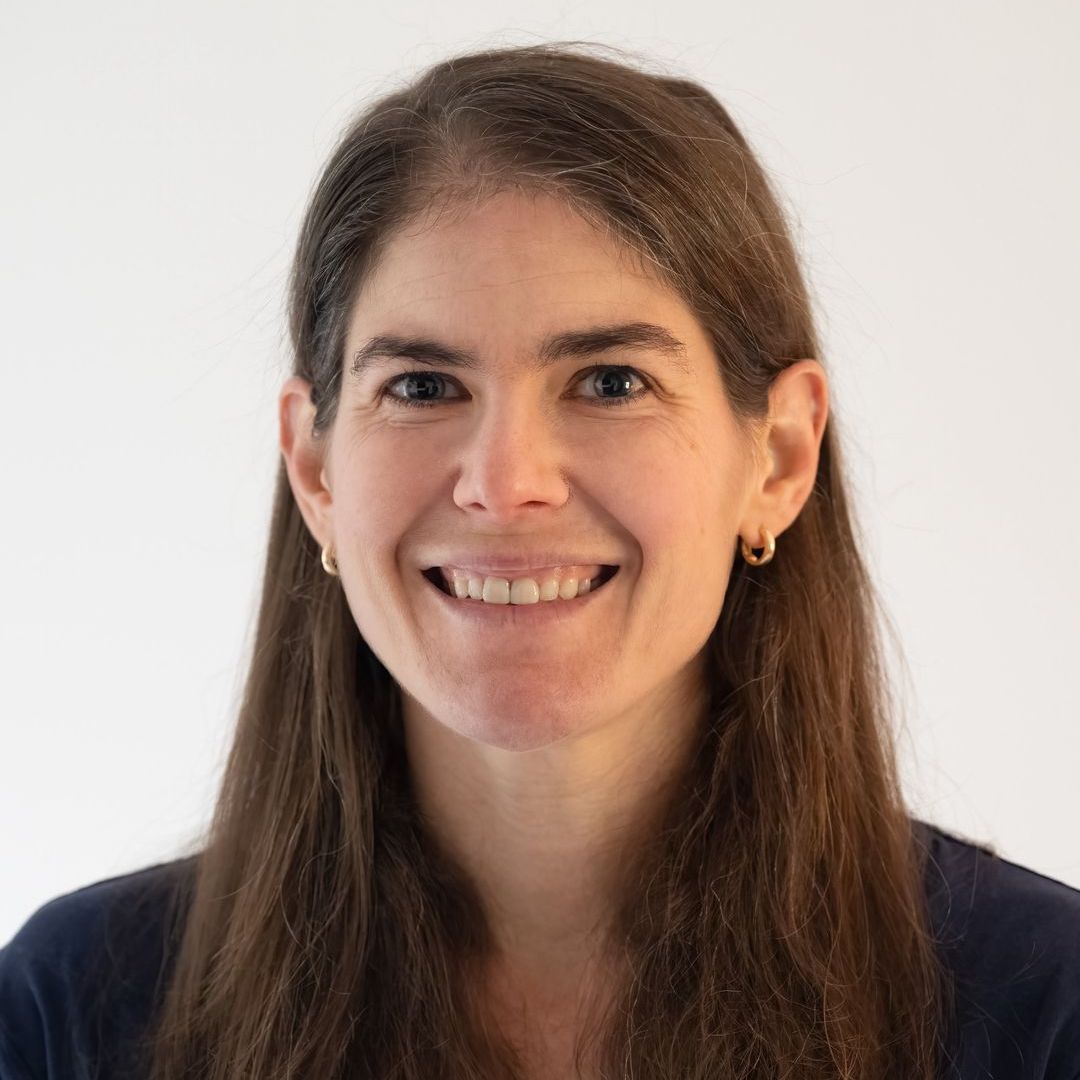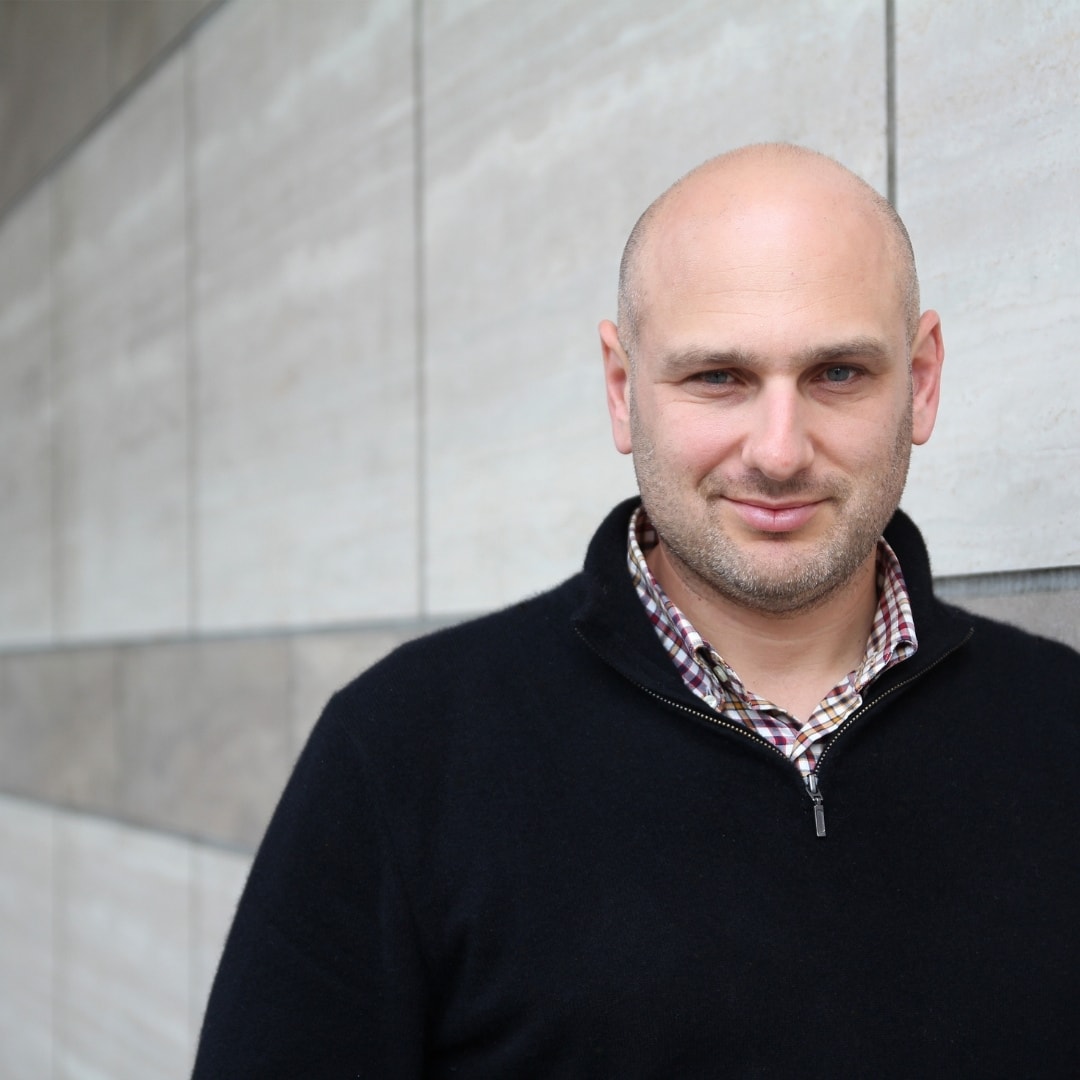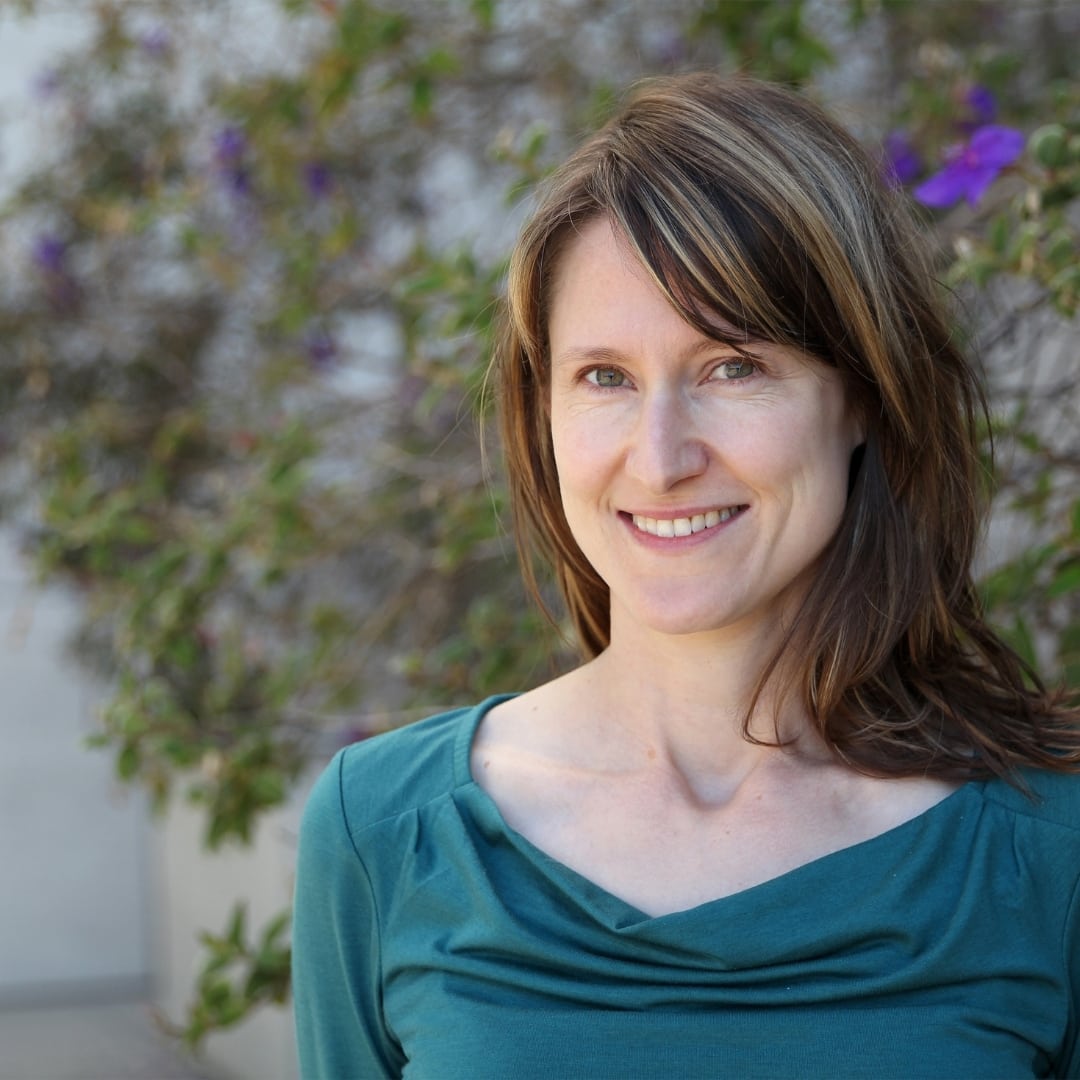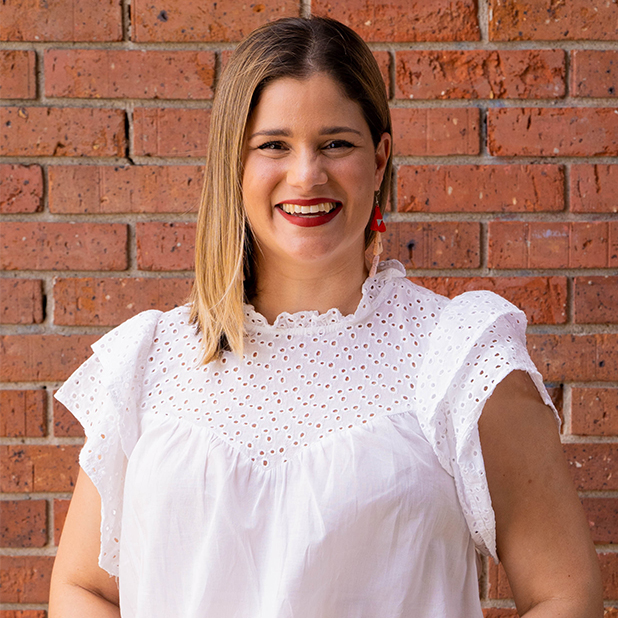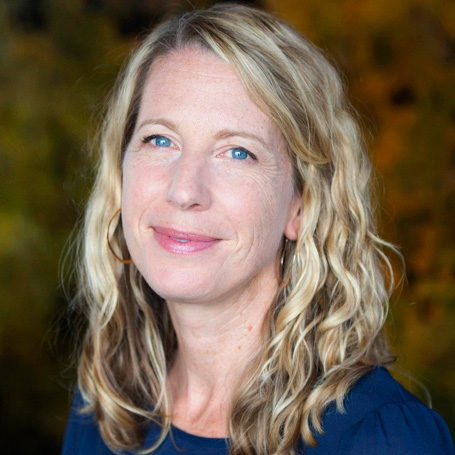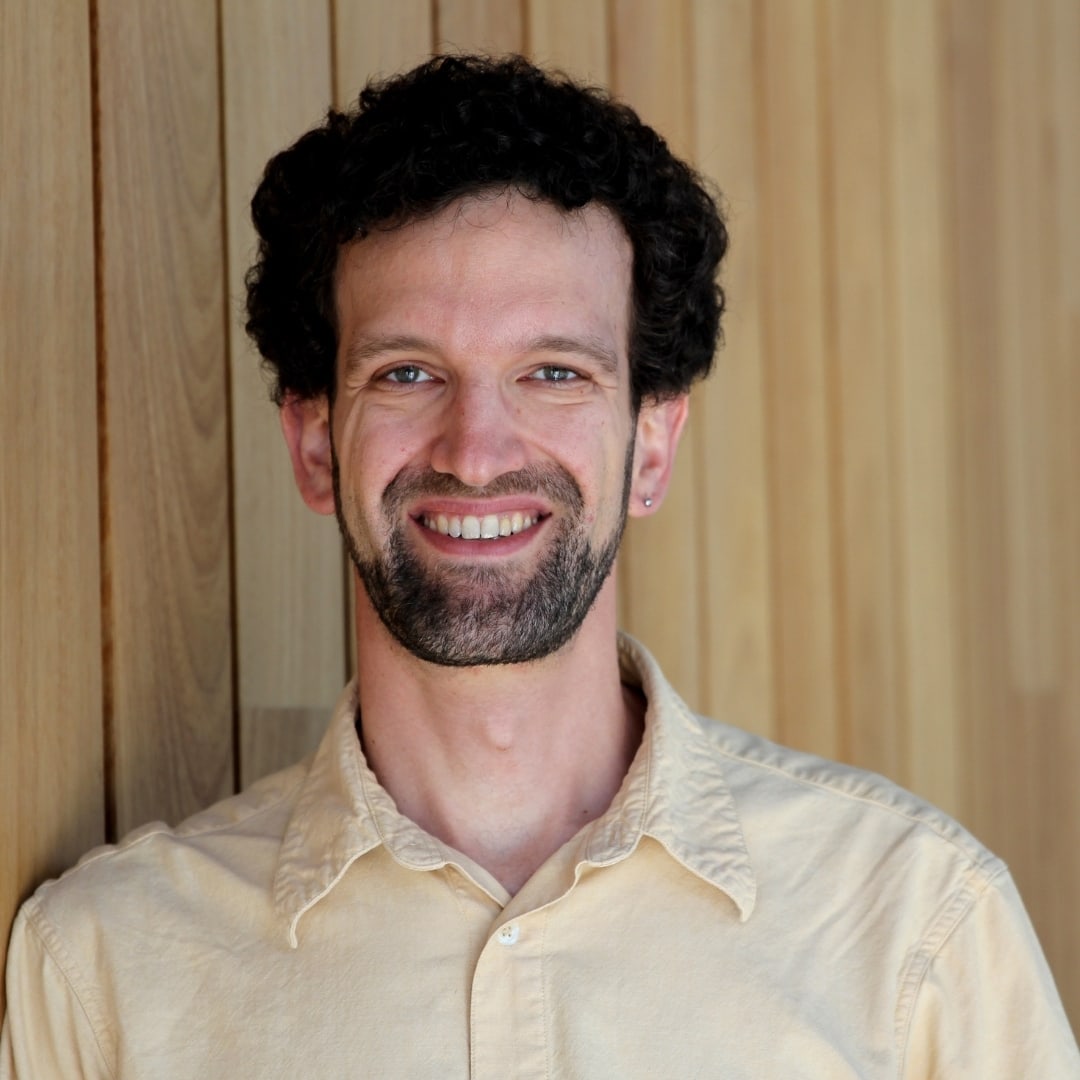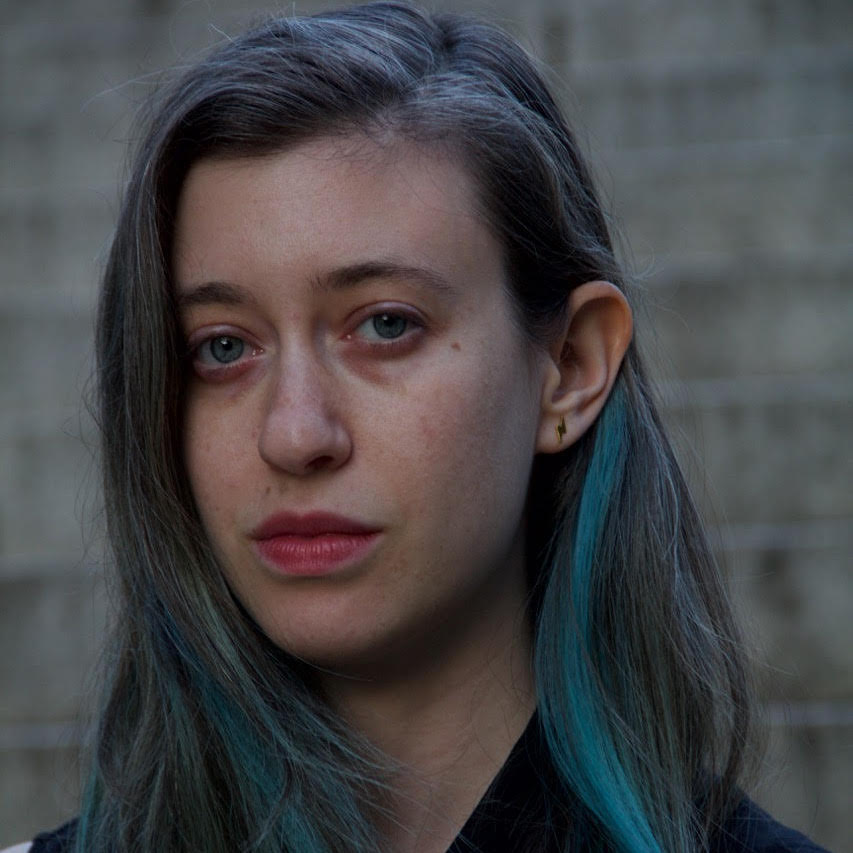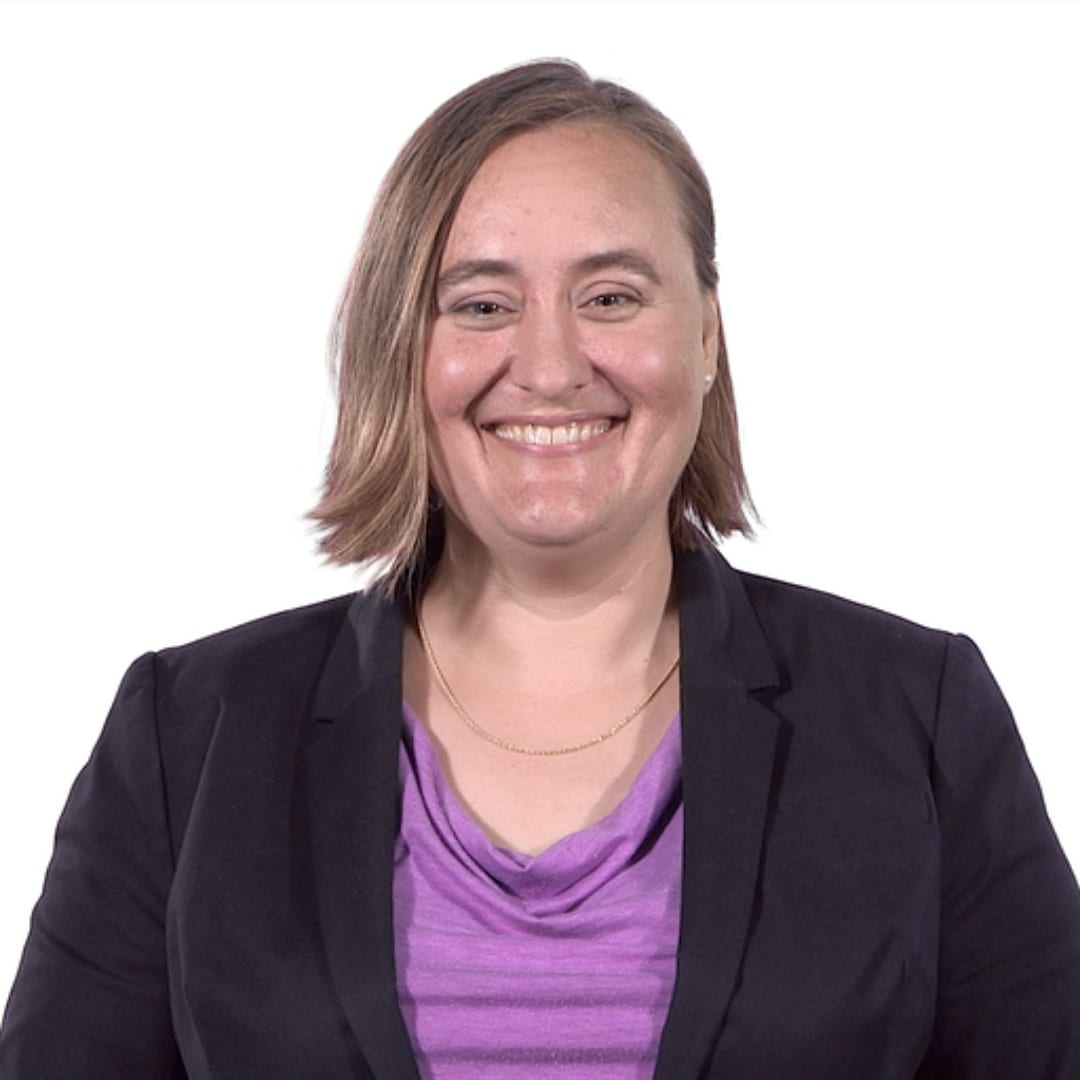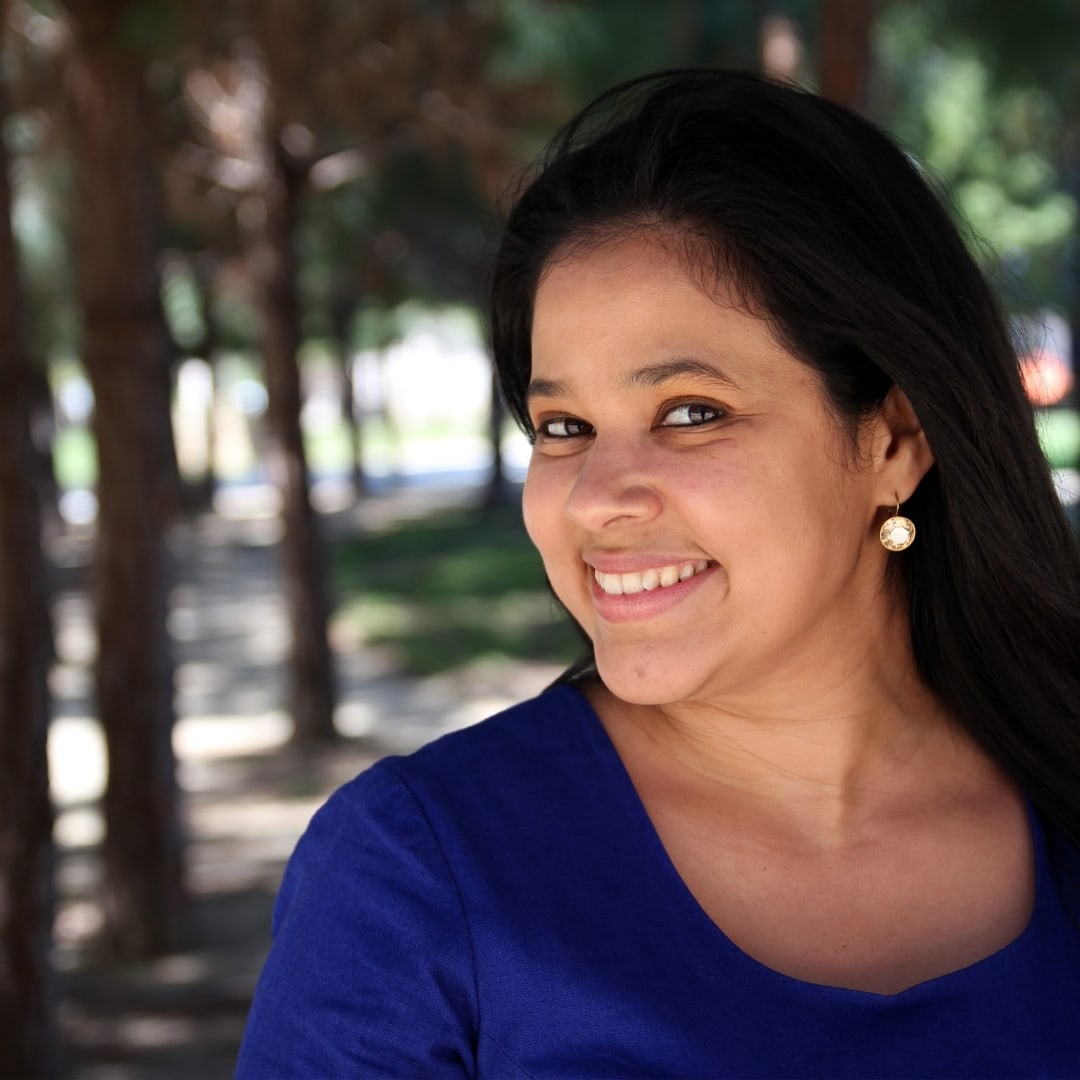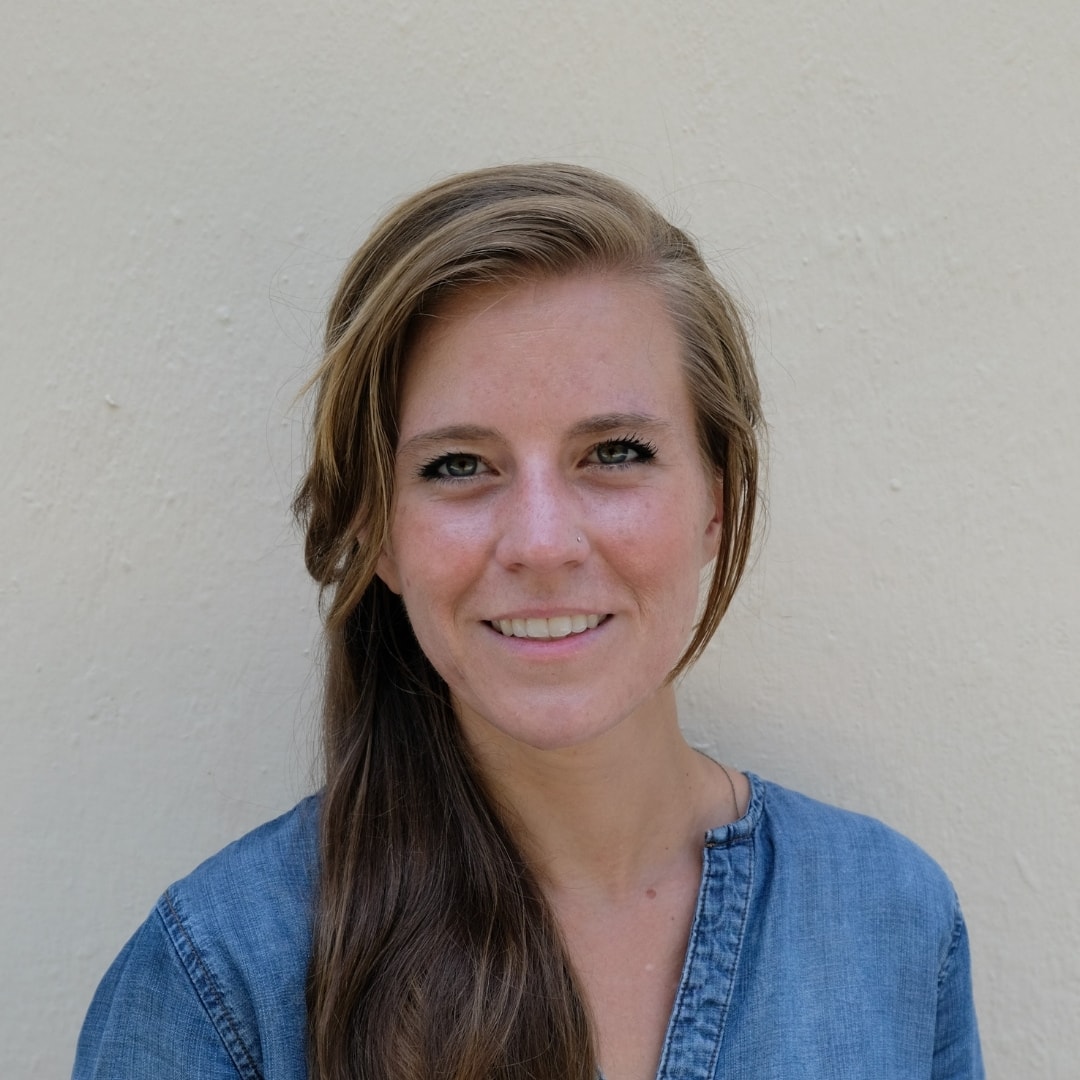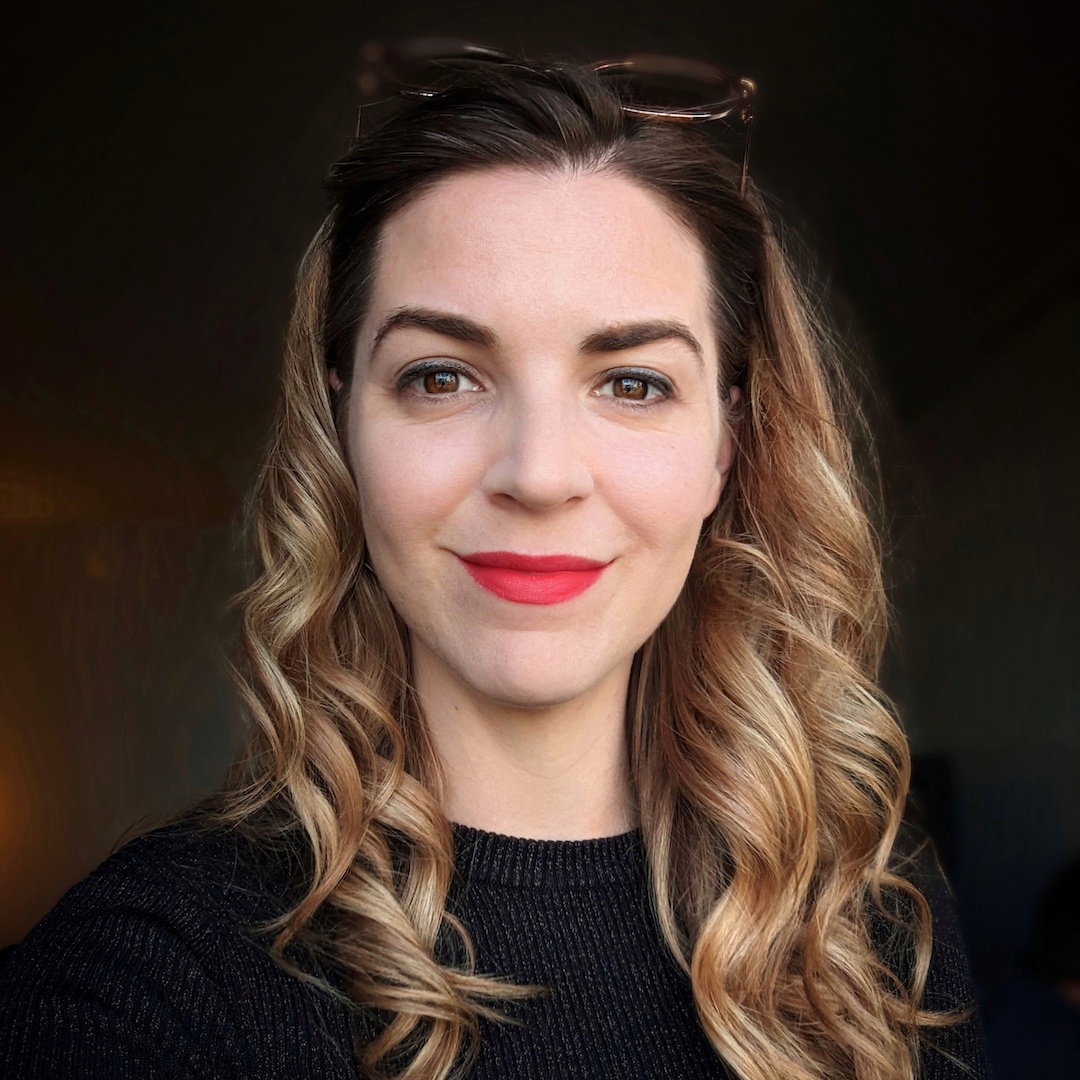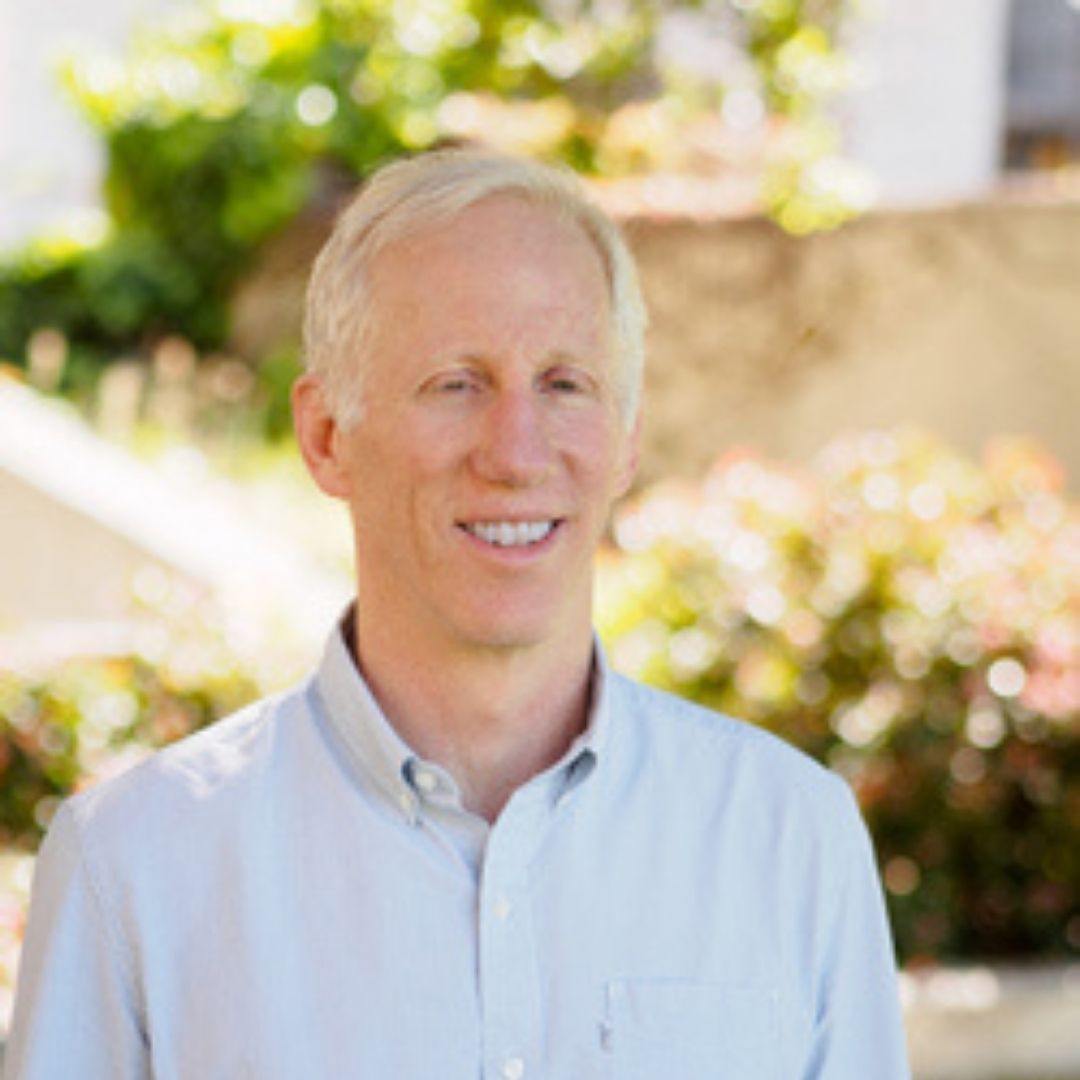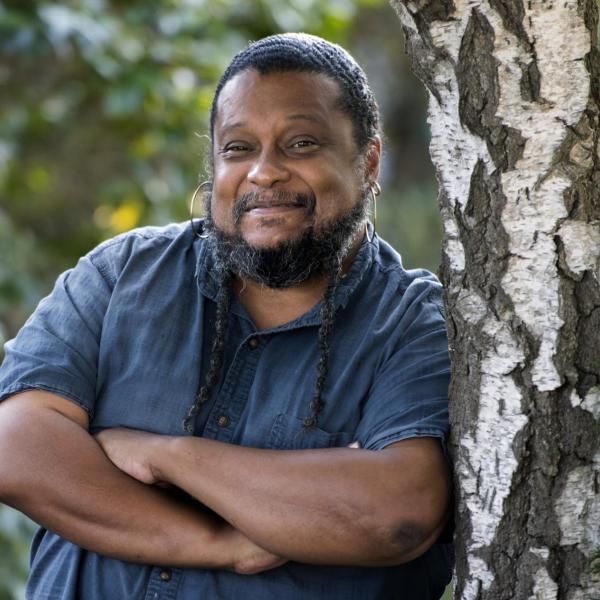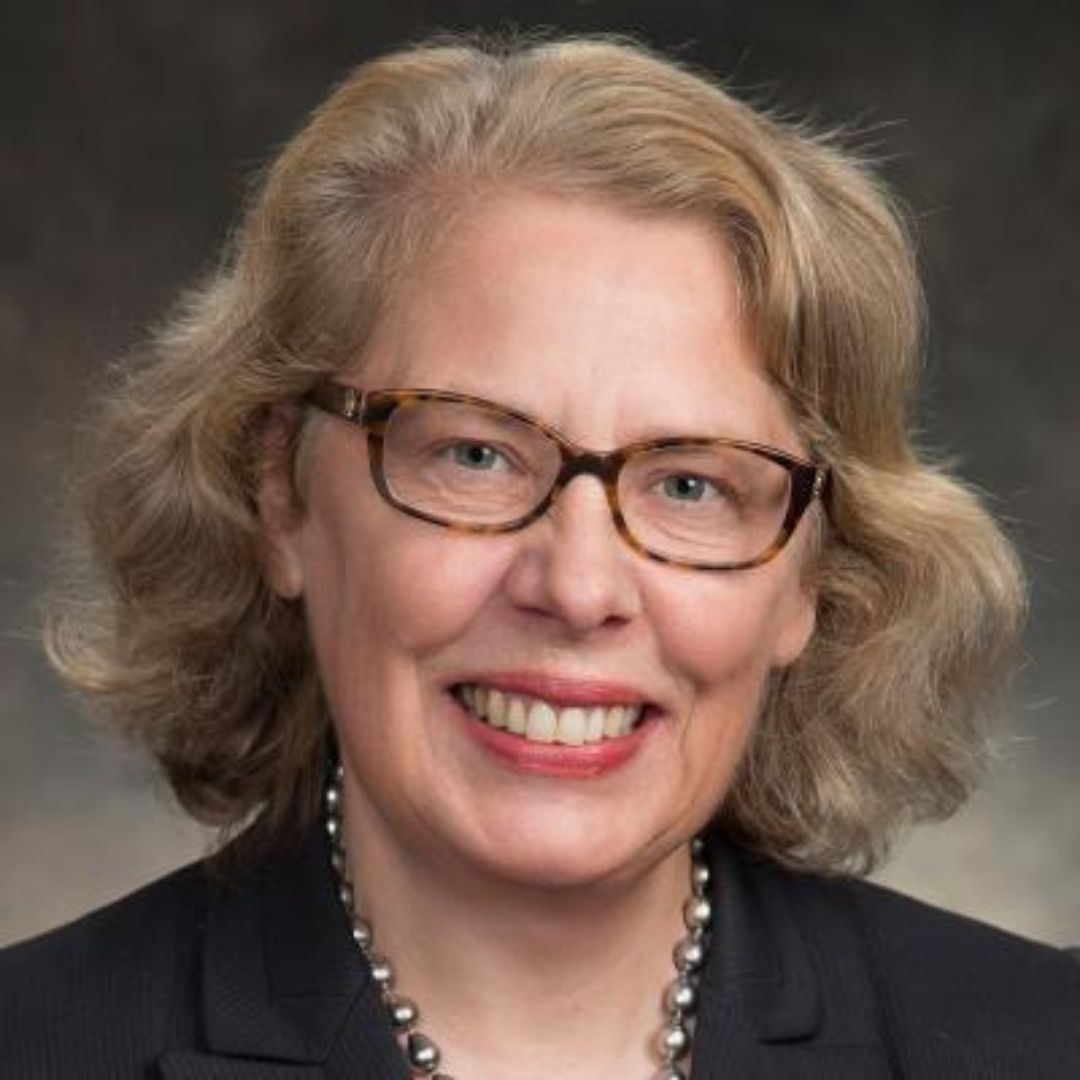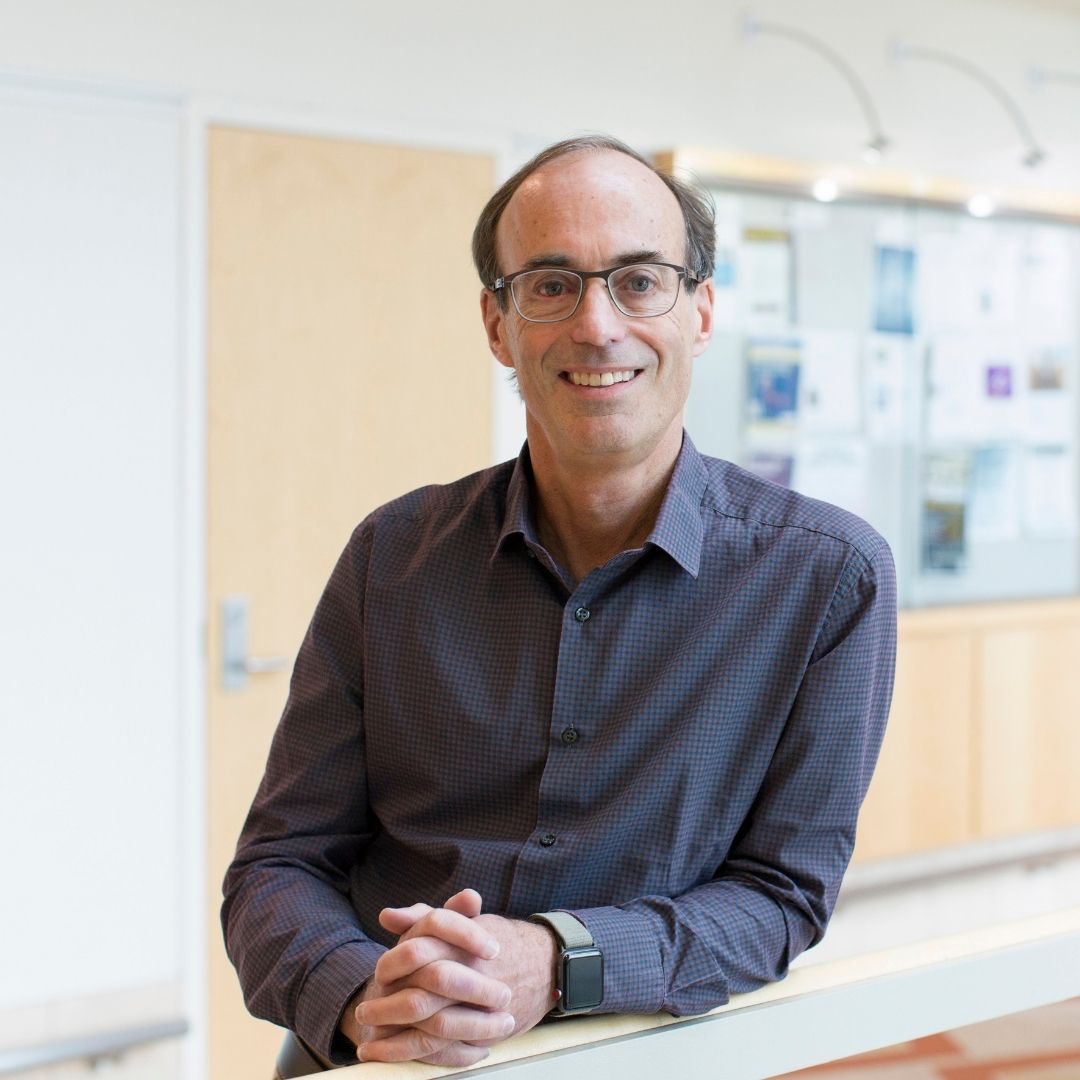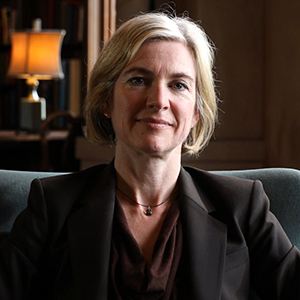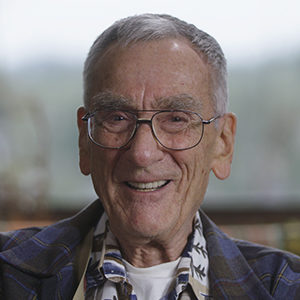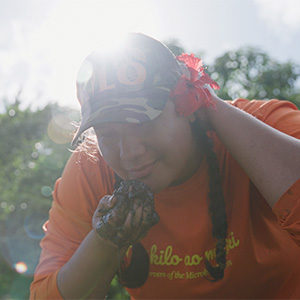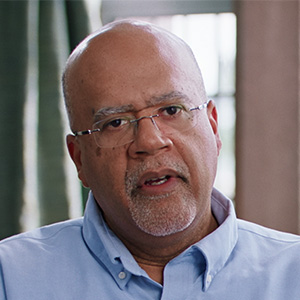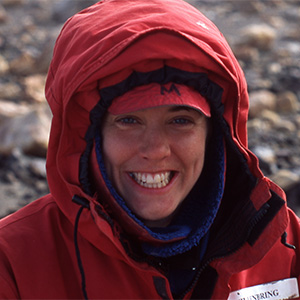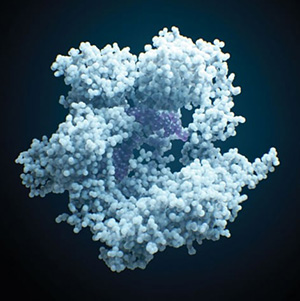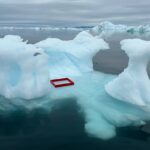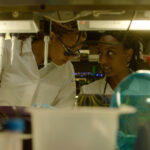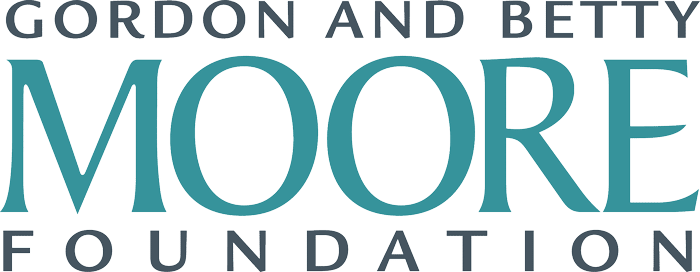Our Mission
We engage the public and educational audiences around what science is and why it matters by using high-quality documentary filmmaking to explore the nature of science, the stories of scientists, and the broader implications for society.
What We Do
We use storytelling to humanize science and promote empathy, trust, and credibility with the scientific community.
We test and evaluate how documentary film can inspire curiosity, expand perspectives, and make the nature of scientific inquiry accessible and exciting to students and the general public.
We innovate film distribution to reach communities underserved by science outreach and change science perceptions.
We celebrate the diversity of the scientific community, and root our work in multidisciplinary collaborations between filmmakers, scientists, community partners, and science communication researchers.
Our work is guided by the immense power of film to reach people where they are and make science accessible to all.
Why Science Films? Why Now?
We are at a perilous inflection point. Science is integral to our modern world. It is essential in confronting global challenges like human health and the climate crisis. But the scientific enterprise and those who work in it are facing a surge of cynicism and even antagonism from the public.
We can, and must, find ways to better communicate the very nature of science and share the stories of the people who do it.
Meet Our Team
Sarah Goodwin, PhD
Executive Director
Elliot Kirschner
Executive Producer
Shannon Behrman, PhD
Senior Director, Education
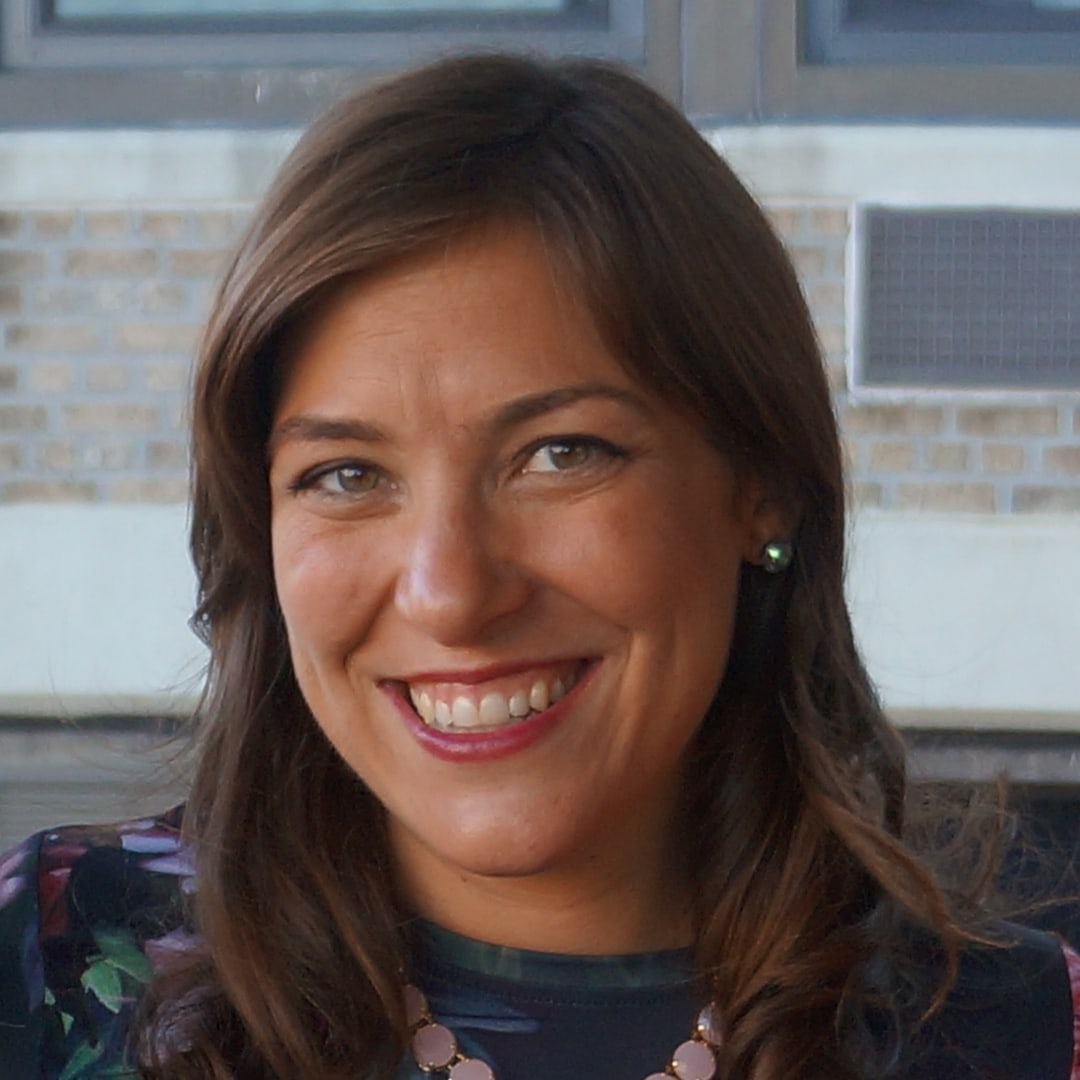
Meredith DeSalazar
Senior Producer
Mónica Feliú-Mójer, PhD
Director, Inclusive Science Communication and Engagement
Jennifer Frazier, PhD
Senior Director, Strategic Initiatives
Evan Reeves
Senior Director, Operations
Regina Sobel
Senior Producer
Cidney Hue
Director, Audience Development and Marketing
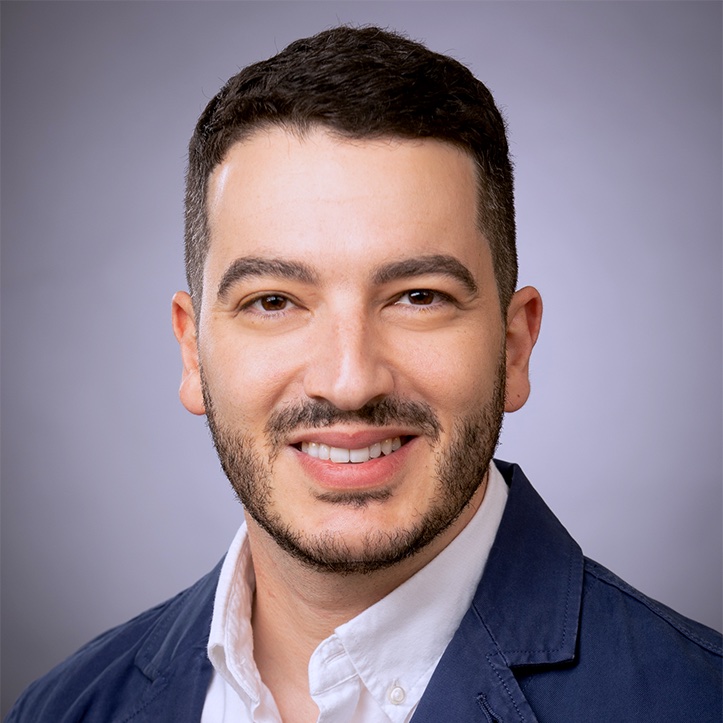
Elie Maksoud, PhD
Director, Educator Partnerships and Marketing
Alexandra Schnoes, PhD
Director, Career and Professional Development
Rosa Veguilla, PhD
Director, Curriculum Development and Online Courses
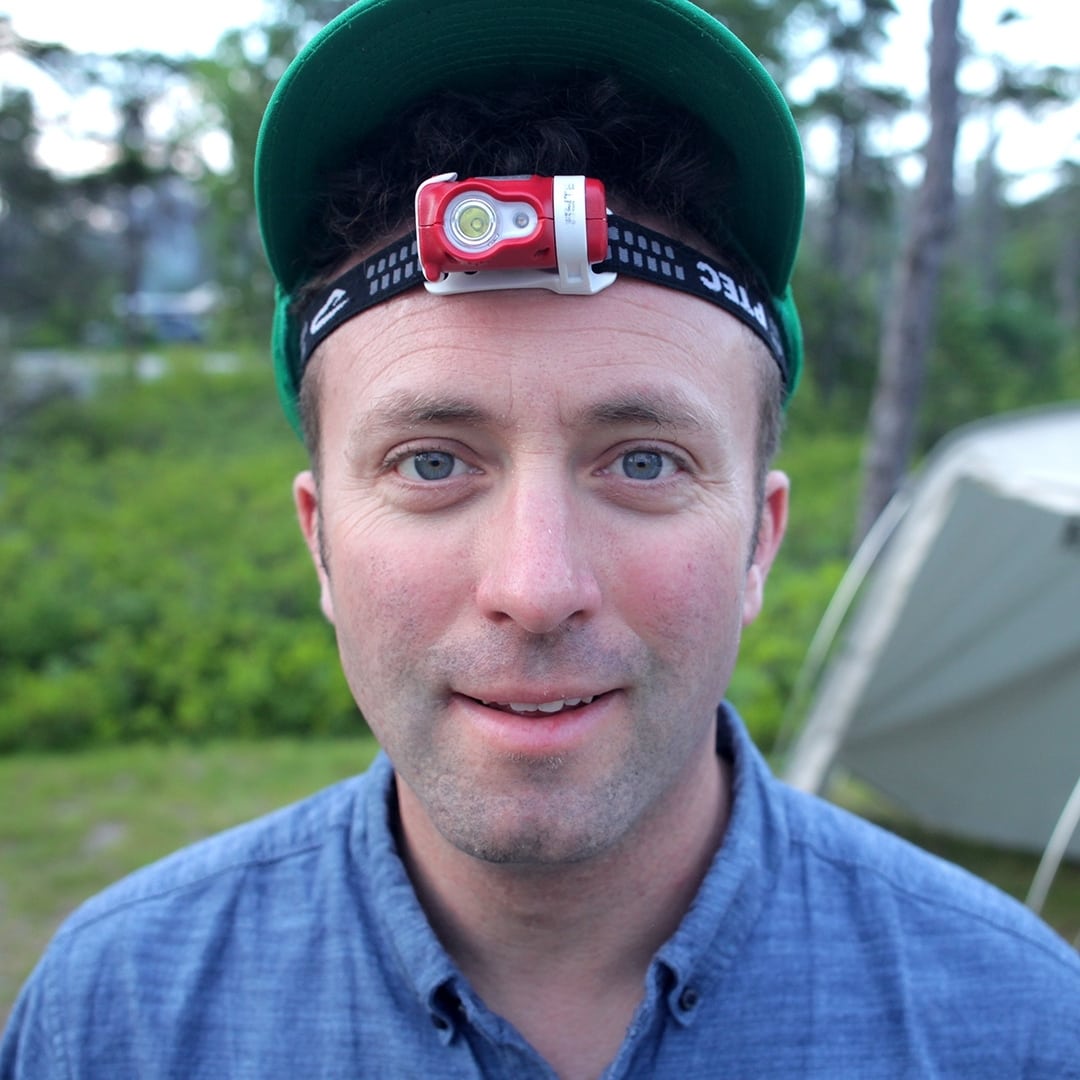
Ian Cheney
Collaborator, Director & Filmmaker
Emily Howell
Collaborator, Researcher
Nicky Krause
Collaborator, Researcher

Brandon Yadegari Moreno
Collaborator, Filmmaker
"I feel like a bystander would have felt in Steve Jobs’s garage with his pioneering Apple team, witnessing an industry transformation. SCL's films communicate beautifully the people and process of science, and build a greater appreciation and trust in science and scientists like no other content I've witnessed."

Douglas Koshland
Board Chair
Board of Directors
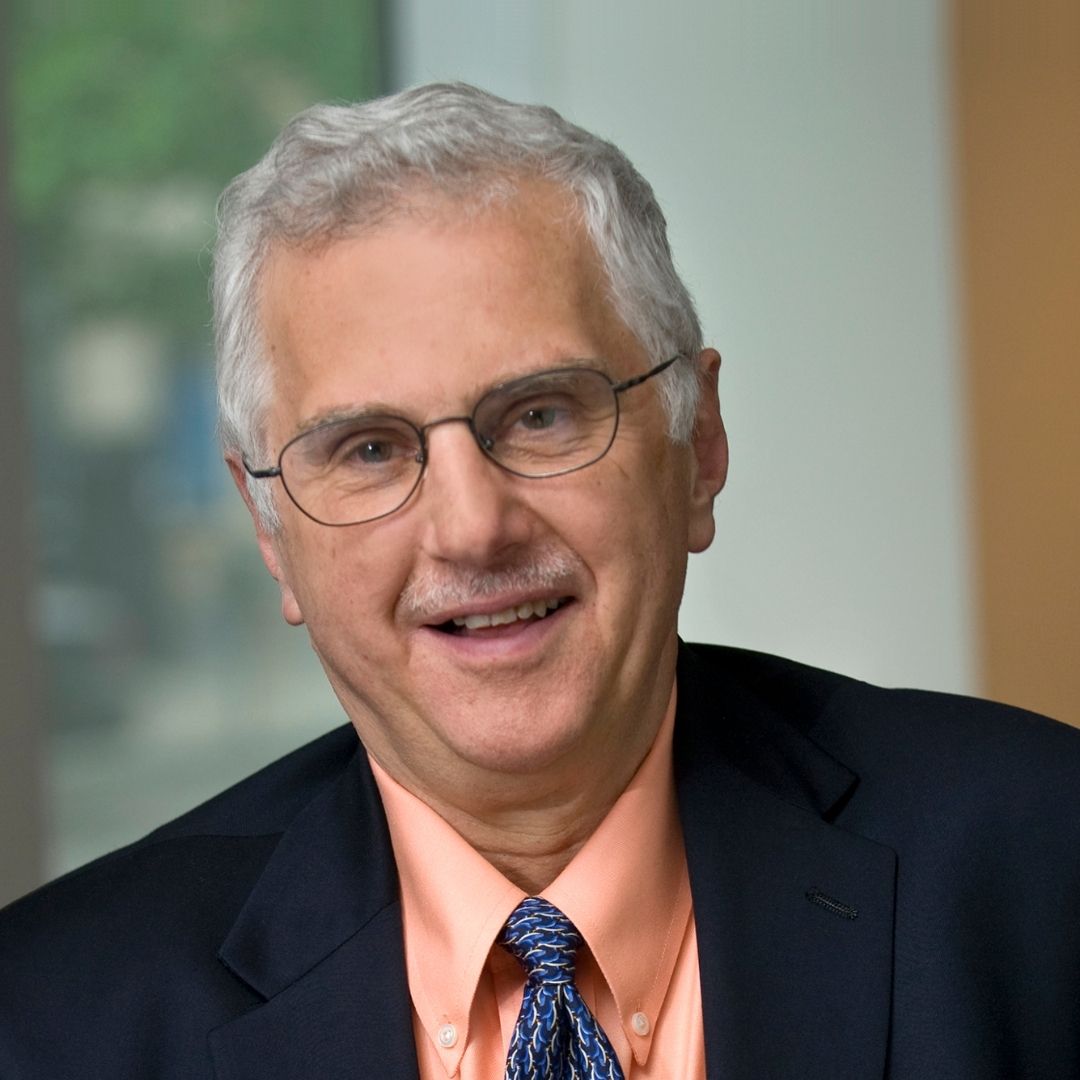
Bruce Alberts
Professor, UCSF
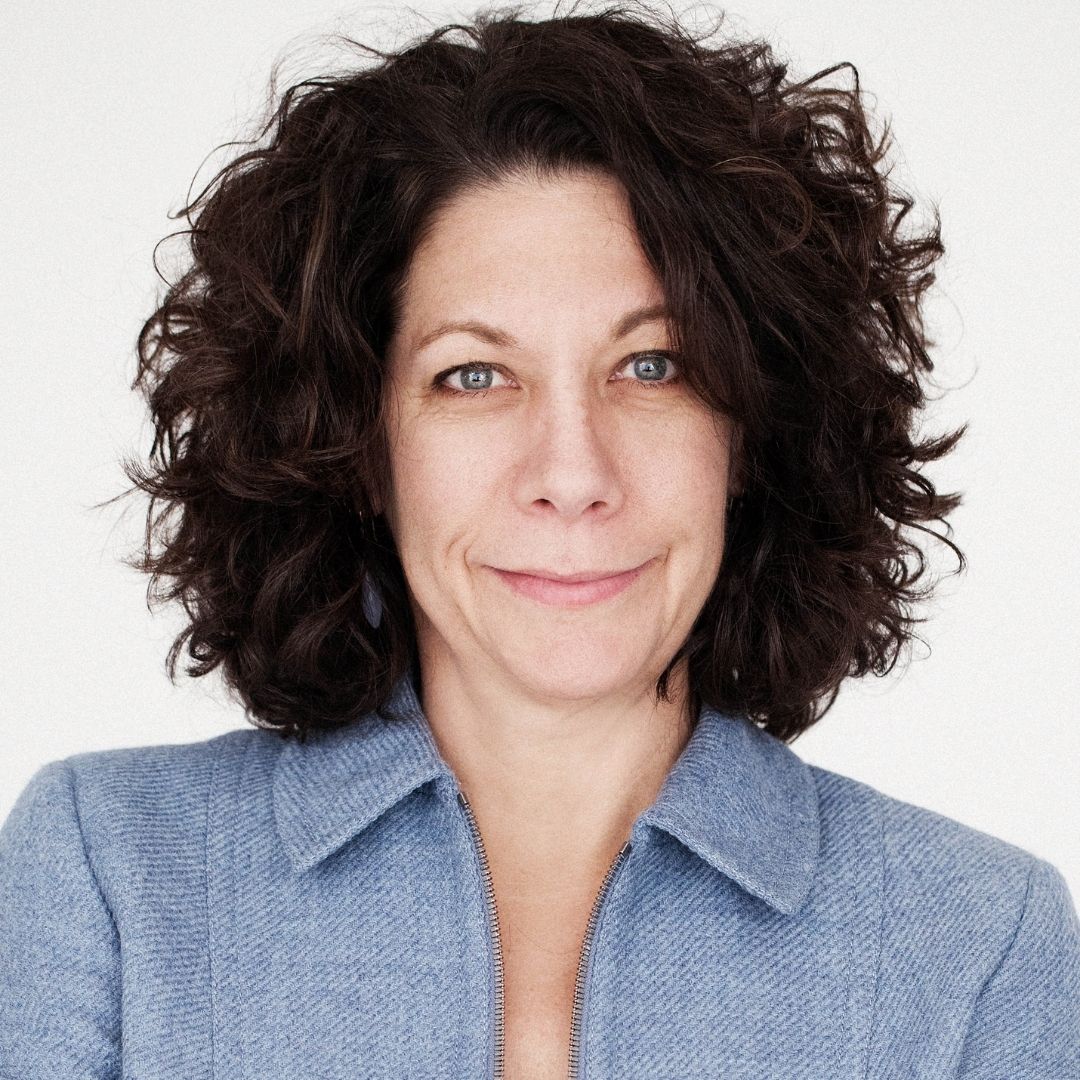
Bonnie Bassler
Professor, Princeton University
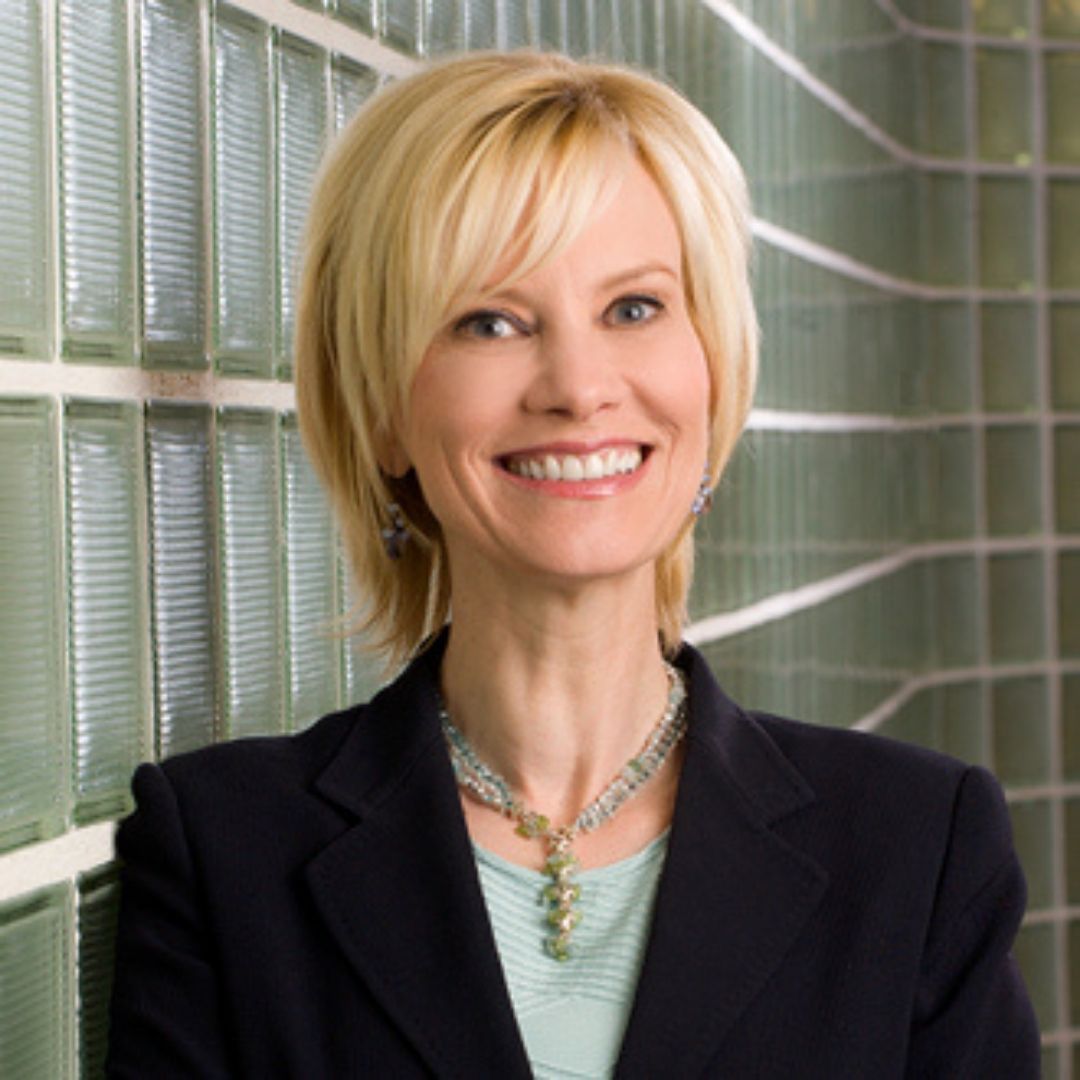
Elizabeth Christopherson
President & CEO, Rita Allen Foundation
Our Funders
Thank you for your generous support.
